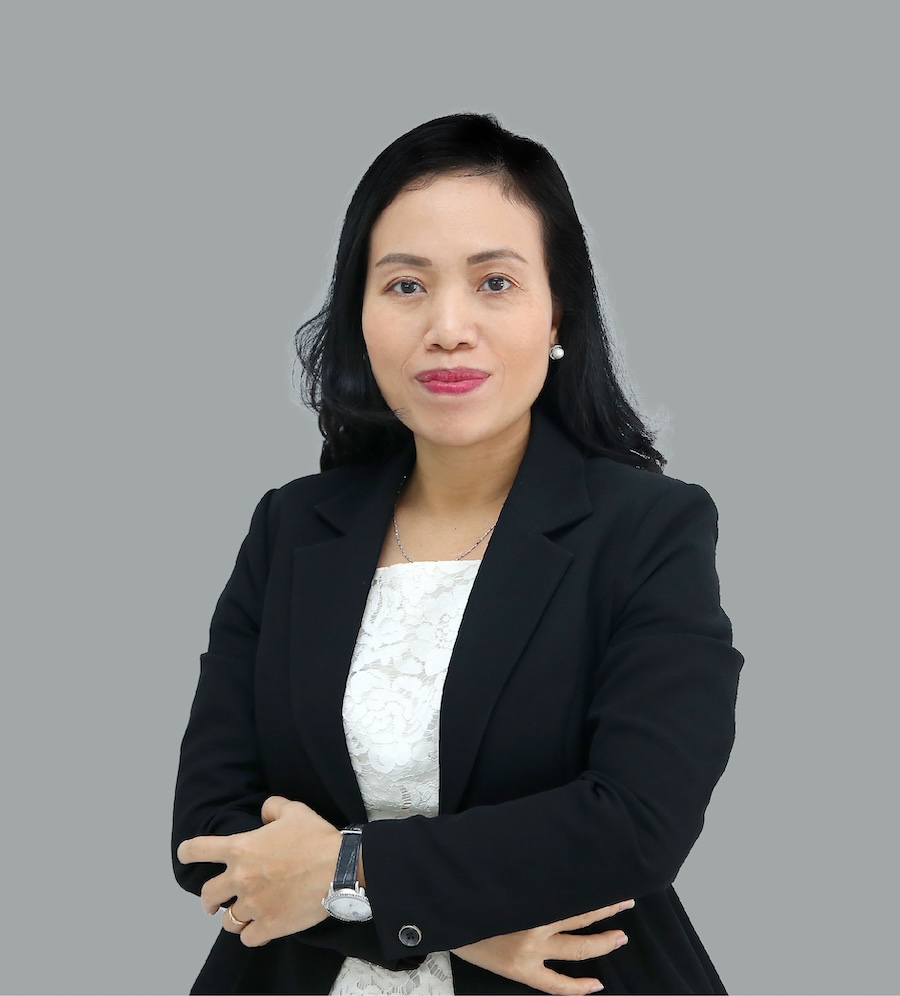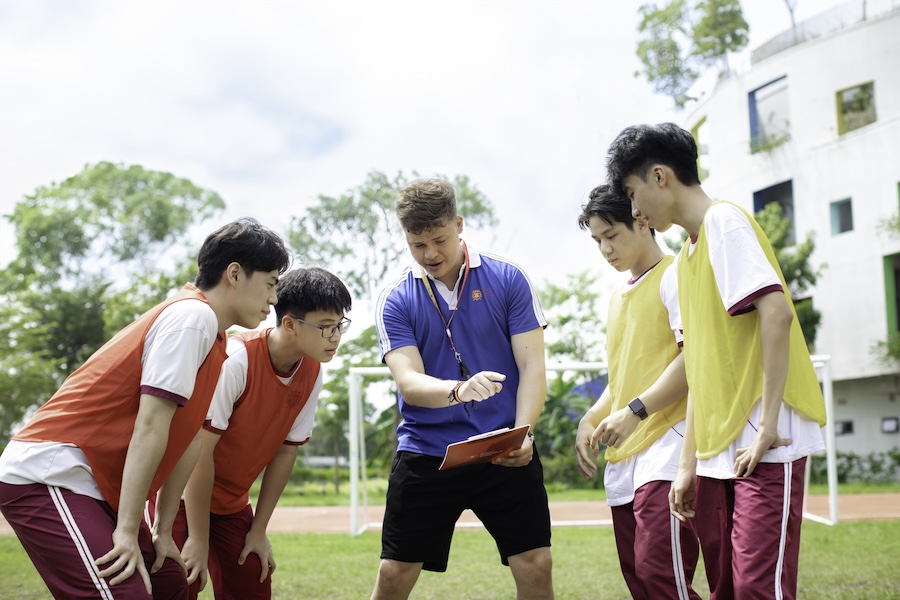How to Choose the Right International Programme for Your Child
When selecting a suitable academic pathway at an international school for children, parents should clearly understand the differences between various programmes, as well as their children's potential and interests, according to the Vice Principal of VAS.
Ms. Nguyễn Thu Hà, Vice Principal of the Vietnam Australia International School (VAS) system, emphasized that choosing the right educational programme is a decisive factor in a child’s development journey. It’s a challenging decision that often requires parents to invest considerable time and effort in thorough research.
With nearly a decade of experience at VAS — a school that offers three diverse Cambridge bilingual pathways — Ms. Thu Hà stressed that choosing the right programme not only optimizes educational outcomes but also nurtures individual strengths, while equipping students with the skills, qualifications, and certifications needed for their desired university pathways.

Ms. Nguyễn Thu Hà, Vice Principal of Vietnam Australia International School (VAS). Photo: VAS
For example, at VAS, the Cambridge English Programme (CEP) focuses on the Vietnamese Ministry of Education and Training (MOET) curriculum alongside the Cambridge English programme, with about 50% of the learning time conducted in English. This pathway is designed for students who want to develop advanced English proficiency and well-rounded skills in an international learning environment. Graduates of this programme will earn the MOET diploma along with internationally recognized English certificates at each education level: Flyers (Grades 1–5), KET/PET (Grades 6–8), and IELTS (Grades 10–12).
Meanwhile, the Cambridge Academic Programme (CAP) allows students to study both the national curriculum and the Cambridge international academic programme from Grades 1 to 10, with 50% to 56% of instruction conducted in English, resulting in dual qualifications. In addition to the MOET diploma, students can sit for globally recognized and permanent Cambridge qualifications at each educational milestone, including Primary Checkpoint (Grade 5), Lower Secondary Checkpoint (Grade 8), and IGCSE (Grade 10).
“The advantage of this pathway is that students are equipped with knowledge and skills from both programmes without being overwhelmed, and they have the flexibility to transition between programmes as needed at different stages,” Ms. Hà noted.
Finally, the Cambridge Academic Programme International (CAPI) focuses primarily on the Cambridge academic curriculum, with some core Vietnamese subjects from the national programme. Students study 9 to 11 Cambridge subjects in English, ranging from academic to creative, sports, music, and art disciplines, with up to 80% of their learning time with foreign teachers.

Students following the CAPI pathway spend up to 80% of their learning time with foreign teachers. Photo: VAS
Upon graduation, CAPI students receive Cambridge qualifications, which are highly recognized and valued worldwide, especially the AS Level (Grade 11) and A Level (Grade 12) diplomas. These qualifications can serve as "priority tickets" for admission and scholarship opportunities at prestigious universities around the world. At the same time, students are fully equipped to take the MOET high school graduation exam if they wish.
Addressing concerns about whether studying two programmes simultaneously might be overwhelming, Ms. Eloise Briony Martin — Academic Director of the Cambridge Programme at VAS — explained that the school integrates the two programmes and converts some Cambridge subject scores into equivalent MOET scores, thereby reducing exam pressure and academic load. This approach has been implemented at VAS for years and will be further optimized for the 2025–2026 academic year.

Ms. Eloise Briony Martin, Central Academic Director at Vietnam Australia International School. Photo: VAS.
In addition, the bilingual programmes at VAS are scientifically designed to match the developmental stage of each age group. Overlapping content between the two programmes is integrated and streamlined to ease pressure and save time for students.
"The international programmes at VAS focus not only on academics but also on integrating extracurricular activities, soft skills training, and practical projects. This helps students develop holistically and easily adapt to future learning environments, both in Vietnam and abroad," Ms. Hà emphasized.
Ms. Thu Hà and Ms. Eloise Briony Martin share insights about the Cambridge Programme.
With more than 15 years of experience in delivering international bilingual education, six campuses, and over 8,000 students, VAS continuously innovates and introduces new programmes each year. For instance, starting from the 2025–2026 academic year, VAS will increase IELTS preparation hours and expand A Level subject lessons from 7 to 9 periods per subject, helping students deepen their English proficiency and subject mastery, while also enhancing their exam performance. VAS is also building a comprehensive digital skills training pathway from Grades 1 to 12 to prepare students to become future digital citizens.
Today, VAS is the school system with the most Cambridge-certified campuses in Vietnam, with all six campuses accredited by the Cambridge Assessment International Education board and annually re-accredited. The school boasts a team of over 1,000 Vietnamese and international teachers and is an authorized partner of Cambridge for operating a teacher training centre in Vietnam.
To support parents in selecting the right educational programme for their children, VAS will host an online Admissions Consultation Livestream on May 14, offering exclusive promotions worth up to 40 million VND and many other gifts.
For more information on the three international education pathways at Vietnam Australia International School, readers can visit the fanpage "https://www.facebook.com/TruongQuocTeVietUc.VAS" or the website vas.edu.vn for personalized advice.
